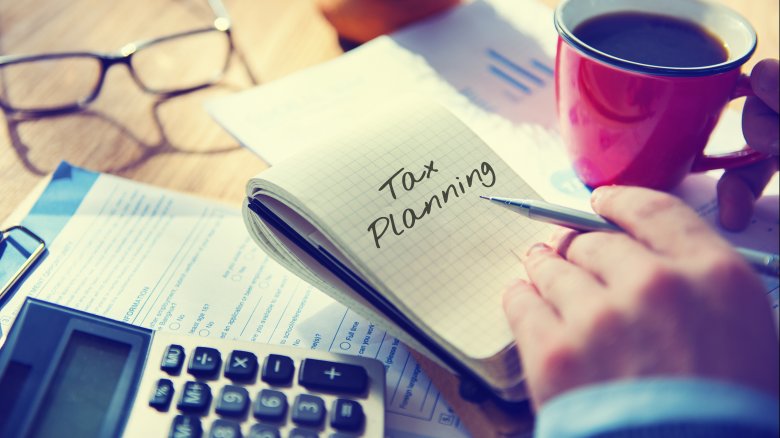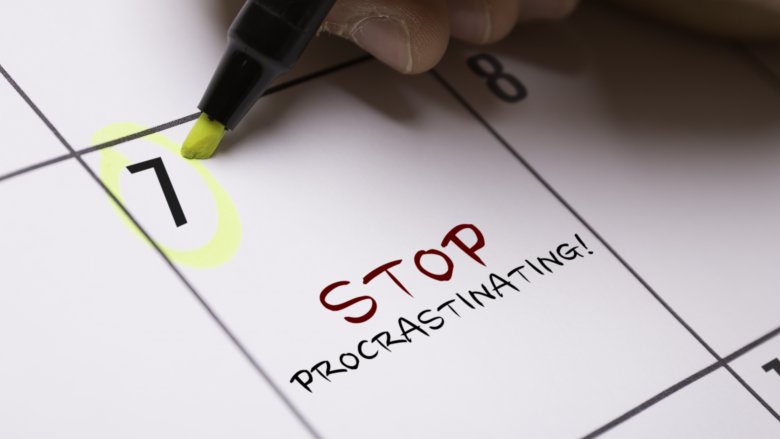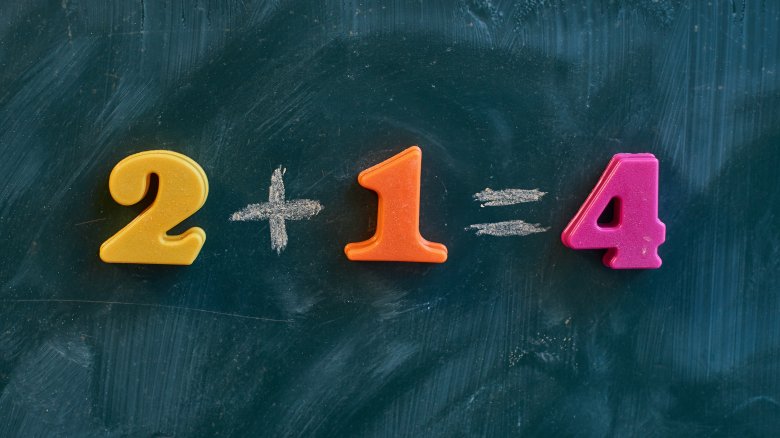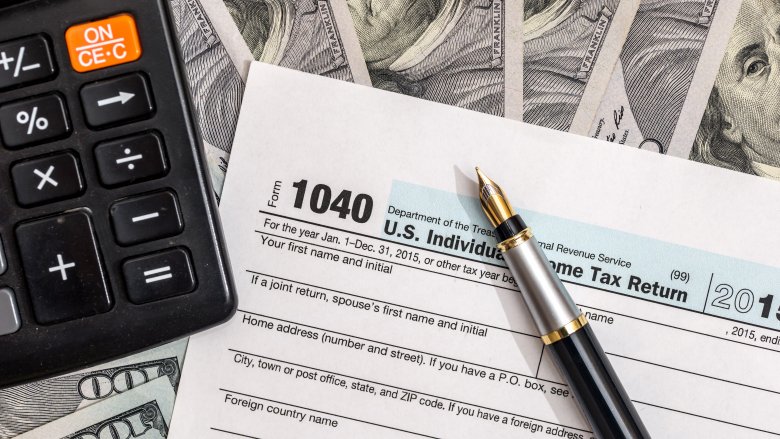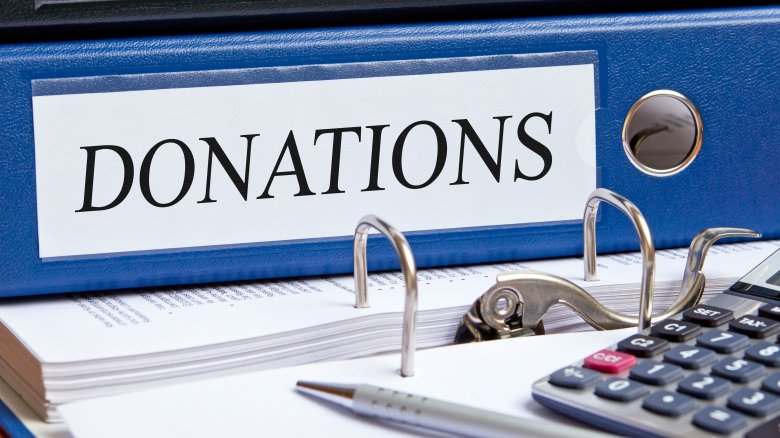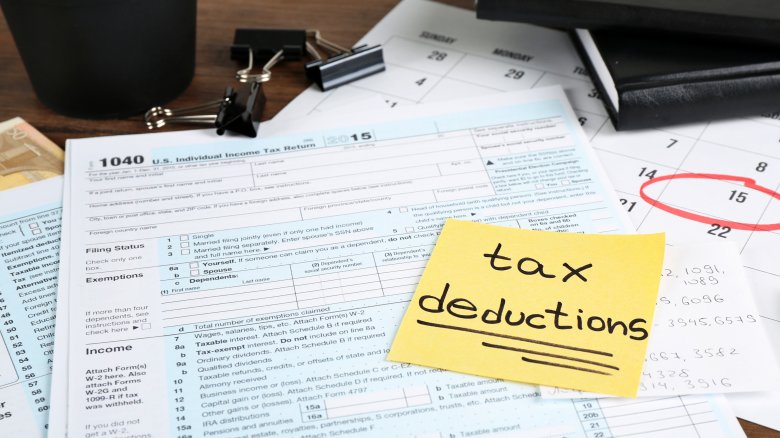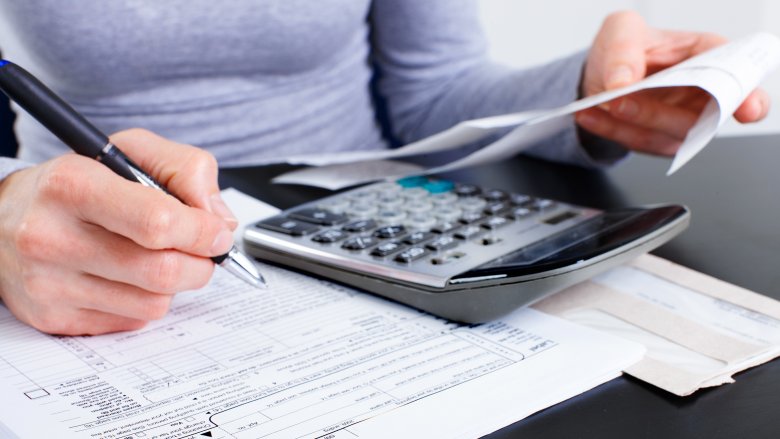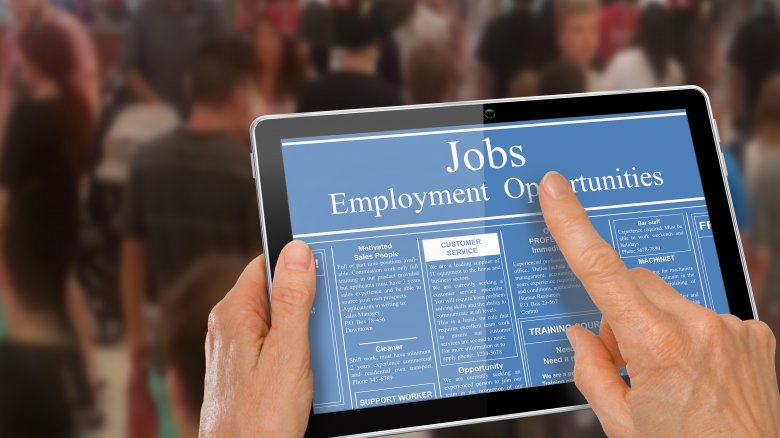Mistakes You're Making With Your Taxes
If you're like me, just the word "taxes" ties your belly in knots! Even if you're good with numbers and stay on top of things, it can be hard to feel like you're doing everything right with your taxes. That's not even taking into account if something in your life has changed in the past year and now you need new forms you've never used before. Luckily, there are many experts who share how to avoid mistakes and do your taxes right this time around.
Not filing on time
One of the most easily avoidable mistakes is not filing your taxes on time. You may think it's okay to be a little late with filing, but Priya Mishra, the managing attorney at Top Tax Defenders, explained why that's not a good idea.
She told me, "The number one mistake that taxpayers make is not filing their taxes on time. Many people wait until the last minute to file, and that can lead to missing important deadlines. While you can file for an extension, it's always better to file before the April deadline and avoid paying interest to the IRS."
She added, "If you don't pay your taxes on time, you will end up paying a penalty to the IRS. The penalty will be five percent of your unpaid taxes each month up until 25 percent. If you file more than 60 days late, there are additional penalty fees. If you've filed but didn't pay the owed balance, you will also get charged and owe them interest." You're paying enough taxes already. Don't let your procrastination cost you even more.
Making math mistakes on your tax returns
Even if you're a math whiz, it's all too easy to make math mistakes on your tax returns. And, unlike the mistakes you made in eighth grade algebra, those mistakes can end up coming back to haunt you.
Mishra told me in our interview, "Math errors can cause a headache with the IRS. If you have more complicated tax returns, it's easy to make numerical errors that can end up costing you. The good news is, you can file an amended return if you catch the error yourself. This will keep you right with the IRS."
However, she added, "If you didn't catch it and the IRS does, you'll be notified by letter and may see your refund decreased. This can lead to problems if you've already spent the money and now owe." Do yourself a favor and hire a professional to do your taxes so errors don't happen, or at the very least, have someone with strong math skills look over your returns before you file them.
Choosing the wrong tax professional
If you choose to hire a tax professional, do your research and make sure you work with someone who knows what they're doing.
Randall Brody, an enrolled agent and owner and founder of Tax Samaritan told me, "Unless your tax return is simple and straightforward, taxpayers generally will be in a better position if they work with a credentialed tax professional, such as an Enrolled Agent."
He added, "Choosing an under-qualified tax preparer or one that is more focused on providing you with the highest refund without consideration of filing an accurate return could easily put you in hot water. At the end of the day, the buck stops with the taxpayer, and the taxpayer will always be held liable for additional taxes and penalties for errors and potentially fraudulent claims on a return."
Not withholding enough from your taxes or making estimated payments
If you're self-employed like me, it's especially important to stay on top of your taxes throughout the year. If you don't, you could end up paying for it later. It's a little bit easier if you're an employee, because your taxes are automatically deducted from your paycheck, but even then, it's your responsibility to make sure your employer is withholding enough from your paychecks.
Jeffrey A. Schneider, an enrolled agent and certified tax resolution specialist told me, "The most common mistake people make on their taxes is not withholding enough via their paychecks or not making estimated tax payments." He explained, "As long as you make pay the amount due with your return, you will not be subject to the half percent late payment penalty. However, the taxpayer can be subject to the underestimation penalty. This is based on what should have been paid with each estimate and was not. It is not huge, but it is throwing money away."
Make sure that you're paying taxes each quarter so that you don't get saddled with a huge payment that's now even more expensive because of the added late penalties.
Underreporting charitable contributions
Many taxpayers miss out on deductions from charitable contributions. In order to make the most of these deductions, keep your receipts and take pictures. Schneider told me, "Another mistake is not having receipts for certain deductions, most commonly charitable donations of stuff versus money. You need to have the receipt from the organization and you should also have a list of everything you donated."
Don't stop with receipts, either. Schneider recommended, "If you can take pictures of these items, that would go a long way as well. Several organizations like Goodwill and the Salvation Army have valuation lists."
Melinda Kibler, a certified financial planner, enrolled agent, and client service and portfolio manager with Palisades Hudson Financial Group agreed. She told me, "Whether you dropped off a bag of clothing at a local charity, or donated five dollars at the cash register of your grocery store, you should be tracking all of these contributions to ensure you get the highest tax benefit possible."
Kibler shared this pro tip as well. "Many taxpayers do not realize you can use a standard mileage rate of 14 cents a mile to figure out your vehicle deduction for miles driven in service to a charitable organization. You can also deduct parking fees and tolls in addition to the standard mileage rate."
Not itemizing deductions
Instead of taking the standard deduction, do the leg work, save your receipts, and itemize your deductions instead. Jacob Dayan, CEO and co-founder of Community Tax told me in our interview, "For some taxpayers, a significant amount can be saved each year by itemizing deductions rather than taking the standard deduction block. This includes homeowners, those with large charitable contributions, and people with large medical expenses."
He added, "Every single homeowner should fill out a Schedule A and see if their itemization is larger than the standard deduction." If you want to itemize your deductions, do your homework, find out which deductions apply to you, and make sure to document everything.
Inflating deductions
Itemized deductions can help you lower your tax payments, but make sure that when you claim deductions, you do it honestly. Brody told me, "When it comes to itemized deductions, most taxpayers follow the herd and create deductions in order to lower their tax liability."
However, he added, "When it comes to deductions or any other items claimed on a tax return, taxpayers must be able to provide substantiation. Without proper receipts and records, a taxpayer can run the risk of substantial accuracy-related penalties if unable to produce documentation upon request by the IRS."
While it may seem like extra work, make sure you keep all of your receipts for deductions. You'll be glad you did if the IRS comes knocking on your door.
Not saving money for taxes
Are you guilty of waiting until tax time and then hoping you have enough money to pay for your taxes? If so, you may want to rethink your strategy. Dayan told me, "One fantastic way to prepare for tax season is by putting aside money every year for your taxes. Even though most companies will already take taxes out of a paycheck, it is important to still save a bit extra."
He continued, "First, (in regards to taxes) the company does not take into consideration any other activities in your life outside of your income. Sometimes taxpayers owe much more than the company deducts. Secondly, after you complete your taxes you can put that saved money back into your bank account. It is a great feeling to put extra money in your bank account after the tax season!"
Wouldn't you rather put money into your account rather than running dry during tax season? If so, follow Dayan's advice and start saving money for taxes now.
Forgetting to take a deduction for job-hunting costs
Are you looking for a job? Kibler told me, "You may be able to deduct some of your expenses related to job hunting." But, she added, "In order to deduct job-hunting costs, it must be a job search in your current line of work. Deductible expenses include costs of a job placement agency, résumé costs, from preparing and mailing it, as well as travel expenses, assuming the main purpose of the travel is to look for a new job."
While job hunting can be harder than working at an actual job, adding up those deductions will hopefully ease the process for you.
Not claiming supplemental income
Do you have a secondary source of income? Don't forget to account for it when doing your taxes. Dayan told me, "Most people have a side hustle these days and we find that many forget that this income is taxable. Especially if you have a full-time job and a side gig, be sure to save money for the taxes on that extra income. Not paying this supplemental income tax can come back to haunt you in the future."
Whether you're selling handmade soaps on Etsy or doing some tutoring in the evenings, keep track of your income, and save some of it for taxes. You'll be glad you did when tax season rolls around.
